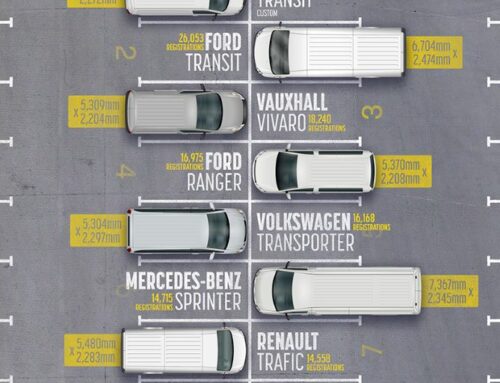MANY people don’t know that careless driving actually consists of two separate offences – driving without due care and attention and driving without reasonable consideration for other road users and pedestrians.
What you need to know about careless driving is the court has to find that you didn’t show the same degree of skill and care that would be expected of a driver in the same situation. This test of driving is the same for all drivers, regardless of experience, training or age.
If you can’t provide a good explanation for your failure to meet this test standard then you will probably be convicted – you need legal help if charged with careless driving.
What happens after I’m stopped?
If you’re going to be prosecuted for careless driving and no accident has occurred you must receive a Notice of Intended Prosecution (NIP). If you were involved in an accident, however, you don’t need an NIP.
Your defences against your charge may include:
- Arguing that your driving wasn’t below the expected standard required of a competent driver;
- There was a mechanical fault that you weren’t aware of and so you couldn’t have dealt with it. You’ll need to report this defect at the time of the offence and have it properly documented. The police will then need to prove that you couldn’t have known about it;
- You were driving under duress – you were fleeing a dangerous situation or rushing someone to hospital;
- You had medical reasons for your substandard driving, such as a stroke, and
- You were taking part in an authorised driving event and/or the offence did not take place in a public place.
What are the punishments?
There are a range of potential sentences for careless driving including a fine of up to £5,000, three to nine penalty points on your licence and in some cases, a driving ban. There may also be an extended retest and even a five-year prison sentence if there was a fatal accident and the conviction is for causing death by careless driving.
Ask about a driver improvement course
For less serious careless driving offences, you may be able to ask for a driver alertment course. It may be the case that you have developed bad habits, or that you’re a relatively new driver and so this course could be very useful to you. Not all of police forces offer a driver alertment course, but many do and it’s always worth asking about it.
You’ll avoid prosecution, fines and points, but you’ll have to pay for the course yourself. You must also attend all the sessions, complete all the paperwork and show how you mean to improve your driving. If you are not offered or do not attend the course, court proceedings will follow.







Leave A Comment